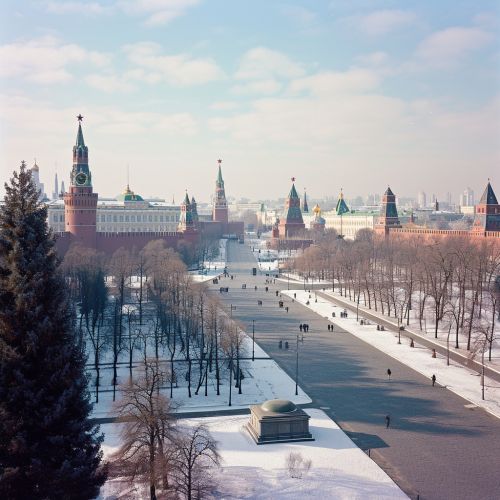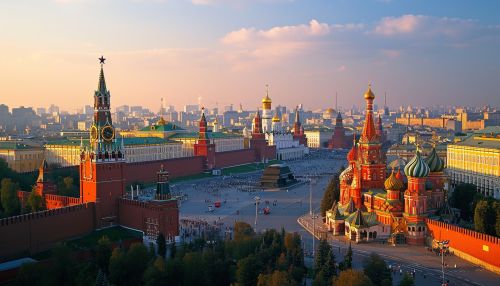Communist Party of the Soviet Union
Formation and Early History
The Communist Party of the Soviet Union (CPSU) was the founding and ruling political party of the Soviet Union. The party was founded in 1912 by the Bolsheviks, a revolutionary group led by Vladimir Lenin, who seized power in the aftermath of the October Revolution of 1917. The party was established as the Russian Social Democratic Labour Party (bolsheviks), but it was soon renamed the Russian Communist Party (bolsheviks) in 1918, and finally became the All-Union Communist Party (bolsheviks) in 1925.


Ideology and Structure
The CPSU was the sole governing party of the Soviet Union and followed the ideology of Marxism-Leninism. This ideology was based on the theories of Karl Marx and Vladimir Lenin, and it advocated for the establishment of a socialist state led by the working class. The party structure was highly centralized and hierarchical, with the Politburo at the top, followed by the Central Committee, the Congress, and the local and regional committees.
Role in Soviet Society
The CPSU played a dominant role in Soviet society. It controlled all aspects of political, economic, and social life. The party's decisions were binding on all Soviet citizens and institutions. Membership in the party was a prerequisite for career advancement and social mobility. The party also controlled the media, education, and the arts, using them as tools for propaganda and indoctrination.
Decline and Dissolution
The CPSU began to decline in the 1980s under the leadership of Mikhail Gorbachev. His policies of glasnost (openness) and perestroika (restructuring) led to a loosening of party control and a surge in political and social activism. The party was unable to adapt to these changes and lost its grip on power. The failed coup attempt in August 1991 by hardline party members accelerated the party's downfall. The CPSU was officially dissolved in December 1991, marking the end of the Soviet Union.
Legacy
The legacy of the CPSU is complex and controversial. On one hand, it is credited with transforming Russia from a backward agrarian society into a global superpower. On the other hand, it is criticized for its authoritarian rule, human rights abuses, and economic failures. The party's legacy continues to influence Russian politics and society to this day.
